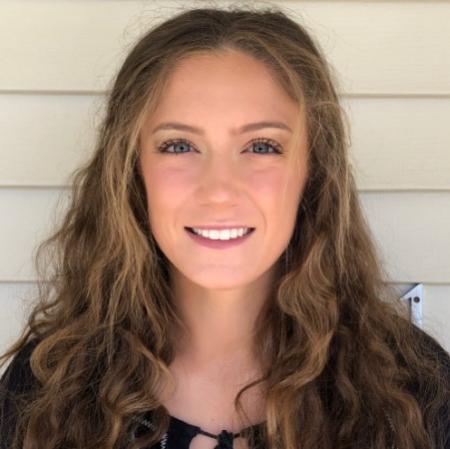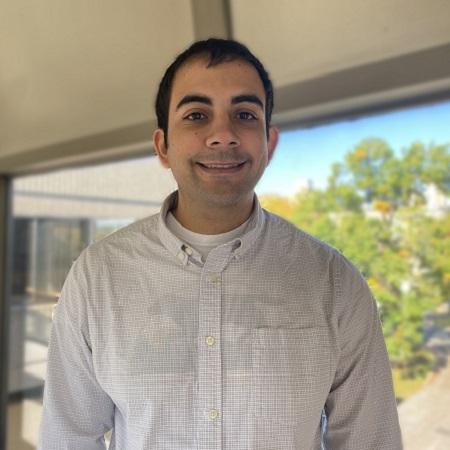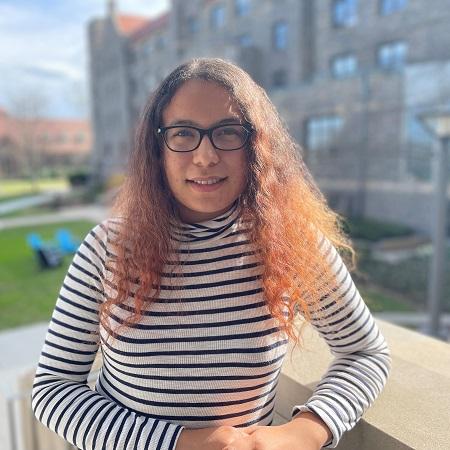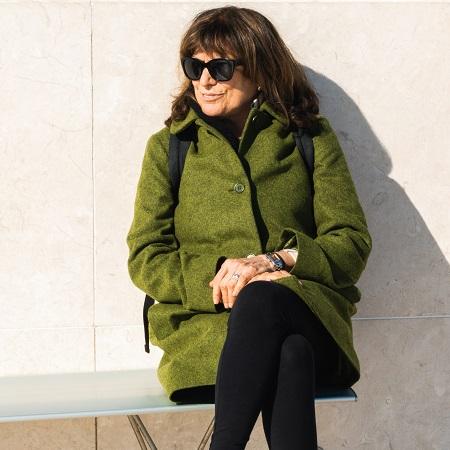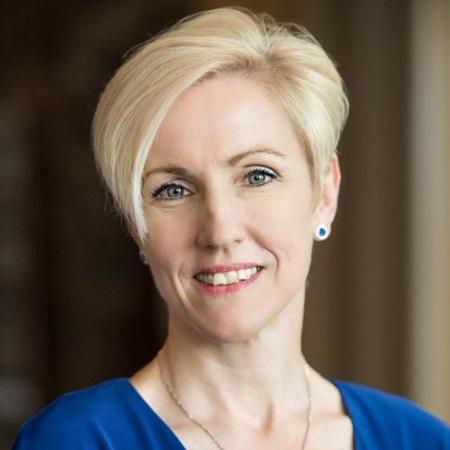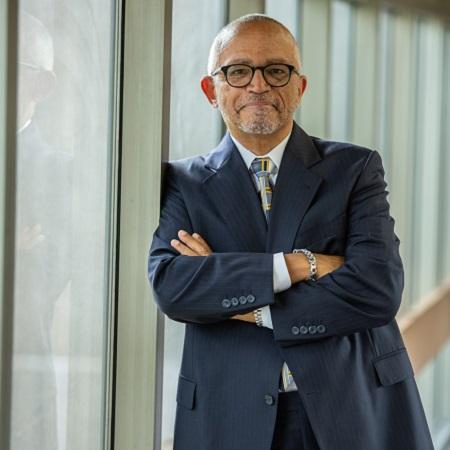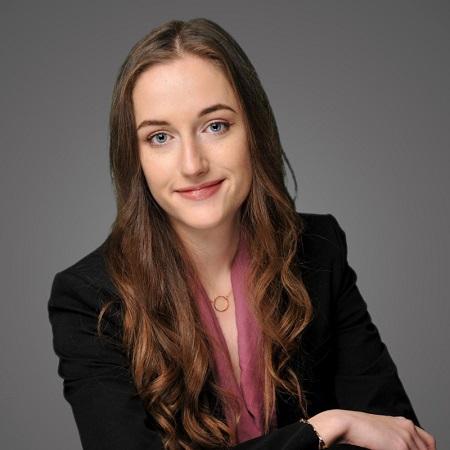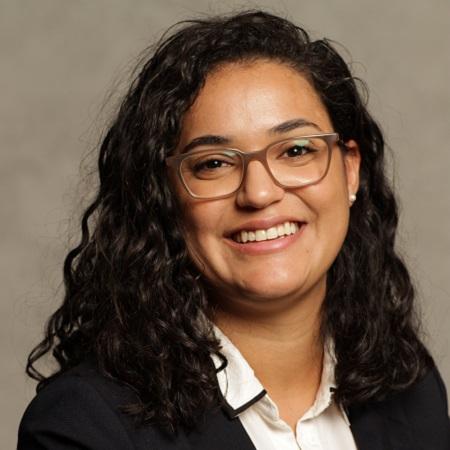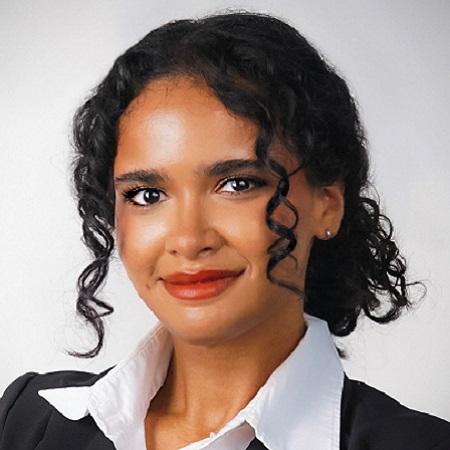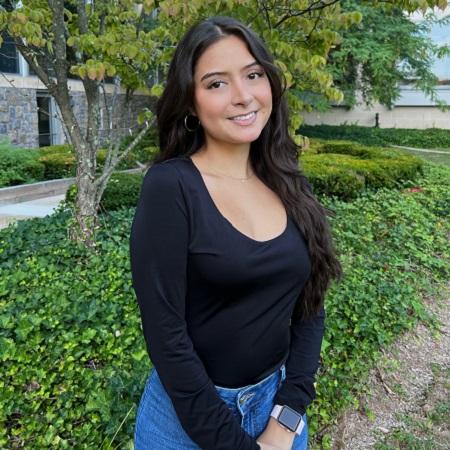Professor, Civil Rights Attorney, Precedent Setter, Social Justice Advocate. Randolph McLaughlin has been a stalwart on the Elisabeth Haub School of Law at Pace University faculty since 1988, teaching civil procedure, torts, and labor law. He also co-chairs the Civil Rights Practice Group of Manhattan’s Newman Ferrara LLP, along with his wife Debra Cohen, an adjunct faculty member at the Law School and Haub Law graduate. Prior to all this, McLaughlin made a name for himself as a civil rights activist and attorney, pioneering new legal strategies to address incidents of racism, voting rights litigation, and more. Now, some of the very cases and individuals that he represented are at the forefront of a feature film and forthcoming documentary. We sat down with Professor McLaughlin to discuss the influential impact he has had throughout his career and what the future may hold for civil rights attorneys.
A landmark case you handled, which set a legal precedent for today’s court battles on racial violence, is the subject of a forthcoming documentary. The film highlights a racist attack that took place in the home state of the Ku Klux Klan, and showcases the role your strategy has played in decades of civil court victories. After Klansmen shot and injured five Black women in 1980 Chattanooga, Tennessee, the women were able to take the KKK to federal court using the long-forgotten Enforcement Act of 1871. Also known as the Ku Klux Klan Act, it was enacted to curb KKK violence after the Civil War. The documentary, some of which was filmed at Haub Law, is scheduled for release this year. Can you tell us about how you developed your strategy in this case?
Four African-American women were out on a Saturday night in 1980 in Chattanooga, Tennessee, when three Klansmen shot at them. More than 100 shotgun pellets were found in one woman’s legs. Two of the Klansmen were acquitted of all charges. One of them, who basically confessed, was convicted of simple assault, served nine months of a sentence and got out on good behavior. At the time I was at the Center for Constitutional Rights, which was part of the National Anti-Klan Network, so we sued the Klansmen.
I was an African-American history major, and I remembered reading about Klan violence and Reconstruction, so we looked back at those periods and found this 1871 law, called the Ku Klux Klan Act, which was passed to give a federal cause of action to victims of Klan violence. We dusted it off and waited for the right opportunity, and sure enough we didn't have to wait too long. We filed a suit as both a class action for all the Black residents of Chattanooga, and as a damages action for the five women. We tried the case and won—got over half a million dollars and a judgment. It was the first case using that statute to get a money judgment against the Klan.
I don't think winning a case like that is much of a long shot anymore. Law tends to reflect society. Judges aren't like some guru living on top of a mountain somewhere, they're reading the same stories, they walk the same streets, they watch the same TV shows we watch. And I think with the Black Lives Matter efforts across the country after the death of George Floyd, and then top that off with the January 6 attempted coup at the Capitol, judges have to realize if they don't step in, then this can happen again.
After the 2020 election, the NAACP used the Act in a lawsuit against former President Donald Trump and the Republican National Committee for systematically trying to disenfranchise Black voters. Also, Representative Bennie Thompson, a Democrat from Mississippi, has more recently sued Trump, his former attorney Rudy Giuliani, and two far-right militia groups under the law, alleging they conspired to prevent lawmakers from certifying President Joe Biden's victory by inciting and participating in the January 6 insurrection.
A feature film that premiered nationwide last September, The Killing of Kenneth Chamberlain, is based on the true story of a case that you and your wife, Professor Debra Cohen, have worked on for more than 10 years. In 2011, Kenneth Chamberlain, an elderly African American veteran with bipolar disorder, was killed by police officers sent to check on him after his medical alert device was mistakenly activated. The film recounts the police’s forceful response to this non-threatening situation and provides a view of the reform needed in policing tactics and our justice system. Where does that case stand now?
This film provides a great opportunity not only to bring the case into national focus, but to highlight how police respond to calls, how they police in African-American communities, and how they are trained for situations involving people in a mental health crisis. What was done was a text book case of what not to do if their intention was to provide assistance.
When the police arrived, Mr. Chamberlain was sleeping in his bed, and he made more than 60 attempts to explain that he didn’t call for help, did not need help and didn’t want to open his door. When we heard the audio recording, we were shocked at the inhumanity demonstrated by law enforcement.
Debra and I were asked to join the case by colleagues and fellow Haub Law alumni Mayo Bartlett and Wali Muhammad in 2012. A $21 million civil rights lawsuit was filed in federal court against the City of White Plains and several police officers. The legal fight for justice has spanned over the past 10 years, with a case currently still pending in federal district court in White Plains. Less than one year into legal proceedings, a grand jury declined to vote for an indictment, causing an uproar in the community and among social justice advocates. Another letdown came in 2017, when the district court dismissed most of the claims contained in the lawsuit and excused several of the original defendants, including police officers.
Following four-years of litigation, including a trial, in 2020, the Second Circuit US Court of Appeals restored claims of unlawful entry and excessive force. We are now preparing for trial and hope that with the need for police reform gaining traction across the country, justice for Chamberlain can finally be achieved.
Twenty-six years ago, you and your wife Debra handled the case of Charles Campbell, who was killed by an off duty New York City police officer at a deli in Dobbs Ferry, New York. The officer was convicted of second-degree murder in a criminal trial. You and Debra successfully tried the subsequent civil case before US District Judge Constance Baker Motley, a civil rights icon, with the help of Pace students. How do you view working with students in such cases?
I went into teaching in order to expose students to the value and rewards of civil rights practice. While I am a full-time law professor, I also maintain a selective civil rights caseload. Whenever possible I involve students in that work. My students have served as active members of a trial team, participating in the writing of briefs and sitting in the courtroom with the other attorneys. I involve the students in all aspects of the case and share with them my strategies as we pursue justice for our clients.
How did you get your start in civil rights law?
Racism didn’t directly affect me that much growing up in New York City, but I was fascinated by the law. By age 10, I was reading law books. William Kunstler was a hero to me. In high school, the Chicago Seven trial was all over the news. It was the binding and gagging of Black Panther Bobby Seale in the courtroom that made me say, this is wrong, I’ve got to get involved.
During my second year at Harvard Law School, legendary defense attorney William Kunstler came to speak. He’s saying things like, “I need black lawyers to get involved in this kind of work with us because we can’t do it on our own.” He’s up there on the stage with Black Panthers and Native American activists, and there I am. I was a really shy kid. But after the lecture I worked my way up and said, “I’ve followed your career since I was a kid and I want to do what you do.”
He looked at me and said, “Here’s my card. Look me up when you get back to New York.” And I did.
How did you build a civil rights law practice?
Lucas A. Ferrara, the co-founder of Newman Ferrara in Manhattan, had been practicing real estate law for more than 25 years, he wanted to expand the work of the firm into the civil rights field.
The firm asked Debra and me to co-chair the civil rights practice group at the firm. When I brought up the controversial nature of some of their cases, they said, “We love controversy. Bring it on.”
It’s been a happy marriage. Lucas and Jon Newman have both assisted us in our civil rights cases, and their insight has been invaluable. Ultimately, if you can create a workable business model, then the good work can expand. There’s more than enough injustice to go around.
For victims, the legal process itself can be a kind of therapy. When I see a client who first comes to us really almost in post-traumatic stress, they can’t get through a conversation without crying. Within a few months, they’re giving it back to us, saying, “Well, what about this?” and “I want to do this.” They are starting to feel empowered and engaged, and the hopelessness is dissipated. Whether we win or lose the case, they feel at least a small amount of closure.
How did you begin practicing law with your wife?
Debra was 39, a former salesperson and marketer, when she applied to Haub Law in 1995. She was interested in civil rights law, and the school’s catalog listed me as a social justice lawyer. She signed up for my class. A few weeks into the class, I announced I had a new civil rights case and needed interns, and Debra sent me her résumé.
At the end of our interview, she stopped at the door and asked me if I had heard about a case involving the shooting of an African-American man, Charles Campbell, in a deli parking lot in Dobbs Ferry. By that time the family of the victim had already contacted me about representation. She said that she lived there and every weekend she joined family and friends of the man who was shot to demonstrate at the deli and to keep visibility on the case and pressure the district attorney to prosecute the police officer who shot him. After she graduated, I hired her, and that’s how it began. We worked together on the Campbell case. In 2001, we were married, and we hung a shingle in the Bronx not long after.
What do you see as some of the challenges facing civil rights lawyers today?
Frankly, the Supreme Court. With the six conservative judges in the majority we could face an onslaught of reversals in the civil and constitutional rights fields. Most notably, the landmark decision in Roe v. Wade is under attack and could be reversed this year. With the respect to voting rights, the Supreme Court in Shelby County v. Holder, gutted Section 5 (preclearance provision) of the Voting Rights Act of 1965, and now the Court is primed to eliminate Section 2 of that Act that has been critical in securing minority representation at all levels of government. In the police reform area, the Supreme Court seems reluctant to reverse decisions such as Graham v. Connor that set a very high burden on plaintiffs in police misconduct cases. So the future is not bright in the Supreme Court—for now. But that does not mean that there is nothing for us to do today. The struggle continues. The forces of justice have been fighting in this country since 1619 to achieve equal rights and justice. At the same time, the opponents of freedom are just as active now as they have been since the founding of this country. The question for each of us, as lawyers, is where do you stand on the barricades—with the people or the enemies of the people.
Learn more about Professor McLaughlin.
